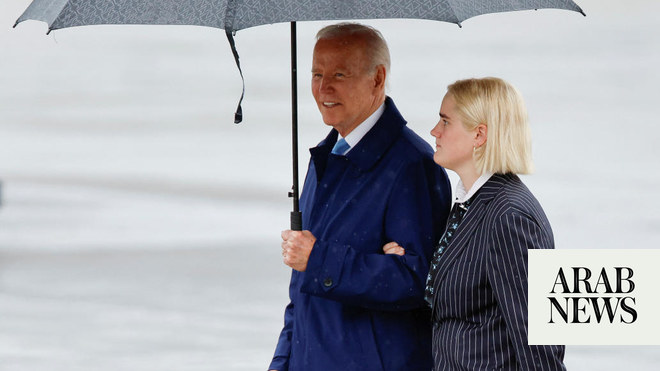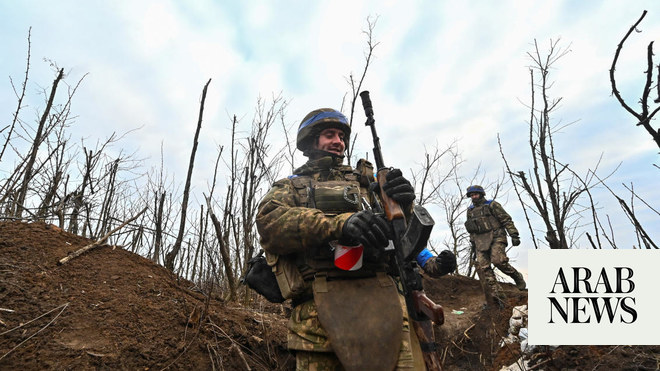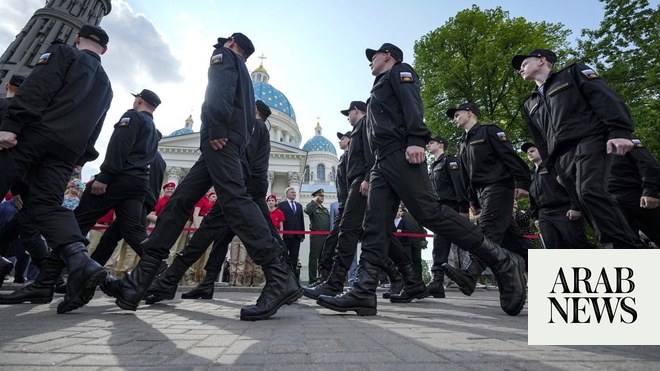
— As the world comes to terms with Russia launching a military attack on Ukraine, attention turns to how the international community will respond and how far it will go in punishing Vladimir Putin.
Major Western nations have reacted with outrage, accusing Russia of bringing war back to Europe.
In eastern Europe, the fears extended to coping with a wave of refugees.
Other nations, including China, which bridled at the word invasion, were more muted. Some focused more on the safety of their citizens in Ukraine.
German Chancellor Olaf Scholz called the attack a "reckless act by President Putin" and a "terrible day for Ukraine and a dark day for Europe." He added that the EU, G7 and NATO would coordinate closely on Thursday.
European Union Commission President Ursula von der Leyen called Russia"s actions a "barbaric attack" and said she will present EU member states with "massive and strategic" sanctions against Russia for approval later today. "These sanctions are designed to take a heavy toll on the Kremlin"s interests and their ability to finance war. And we know that millions of Russians do not want war," she added.
British Prime Minister Boris Johnson is also expected to announce a fresh package of sanctions. He tweeted on Thursday morning that Russia"s actions were "a catastrophe for our continent."
French President Emmanuel Macron, who has led many of the diplomatic efforts to deescalate, reacted by saying "France stands in solidarity with Ukraine. It stands with Ukrainians and is working with its partners and allies to end the war."
While Europe has largely stood united, there has been a notable silence from Hungarian leader Viktor Orban, who has a close relationship with Putin and has behind the scenes been accused of disrupting Europe"s unity in response to the crisis.
Outside of Europe, US President Joe Biden warned of incoming "consequences the United States and our Allies and partners will impose on Russia for this needless act of aggression against Ukraine and global peace and security."
NATO and European security sources have previously told CNN that the US has been coordinating the unified response to the crisis and will likely take the lead today as the international community is expected to dramatically increase sanctions on Russia.
Western allies around the world have also committed to work with their partners in response to Russia. Japanese Prime Minister Fumio Kishida has said the "situation is tense. We will continue to work in collaboration with the international community, including the G7 nations."
Australian Prime Minister Scott Morrison has said Ukraine has his country"s "unwavering support".
Uncomfortably for Putin, China has not expressed particular support for Russia. China is Putin"s only major ally and has in recent years developed a close relationship with Russia, supporting it at the UN.
However, China has thus far refused to criticize Russia and said it would begin importing Russian wheat, a move that could ease the impact of Western sanctions on Russia.
China"s ambassador to the UN, Zhang Jun, only went so far as saying all parties needed "stay cool-headed and rational," he added that it was "especially important at the moment to avoid fueling tensions."
Governments all over the world are currently holding meetings to discuss how far sanctions should go against Russia in response to this huge escalation.
A first wave of sanctions came from the US, EU and UK on Tuesday, though they were limited in scope and criticized for not going very far.
It is very likely that fresh sanctions will go further and will target Russia"s broad economy in a less compromising manner, possibly going so far as hitting Putin"s personal wealth directly.
One German minister spoke of a "land war in Europe that we thought was only to find in history books", while another, Interior Minister Nancy Faeser, said Germany would help neighbors if there was a "large-scale influx" of refugees.
That concern is also shared by Ukraine"s neighbors, but many were also scrambling to shore up their own security.
The president of Lithuania, a Nato member, said he was going to impose a state of emergency.
A similar decree has been issued by Moldova further south. Dozens of cars were reportedly queuing on the border with Ukraine, with Moldova saying it would accept tens of thousands of refugees.
Romania said it could take half a million.
Poland is setting up reception points for refugees. It told Russia to end its attacks and leave Ukraine alone.
Georgia — which fought Russia in 2008 over disputed regions — backed Ukraine, saying the Russian attack would have "dire consequences" for the international community.
Russia"s ally, Belarus, said it was not taking part in the military action, but would consider it if asked. Belarus has hosted Russian troops during the crisis, and they crossed from the country into Ukraine as part of the attack.
Ukraine has asked NATO member Turkey to close the Bosphorus and Dardanelles straits to Russian ships. Turkey has said it will consider the request and has backed Ukraine"s territorial integrity.
India has assembled a control room and has concentrated on advising nationals to stay calm and how to leave the country.
South Korea and Japan condemned the attack, with the latter saying it "shakes the foundation of the international order".
South Korea would join international economic sanctions, its president said.
Iran called for a political solution, with its foreign minister blaming Nato provocations for the Ukraine crisis. — Agencies












